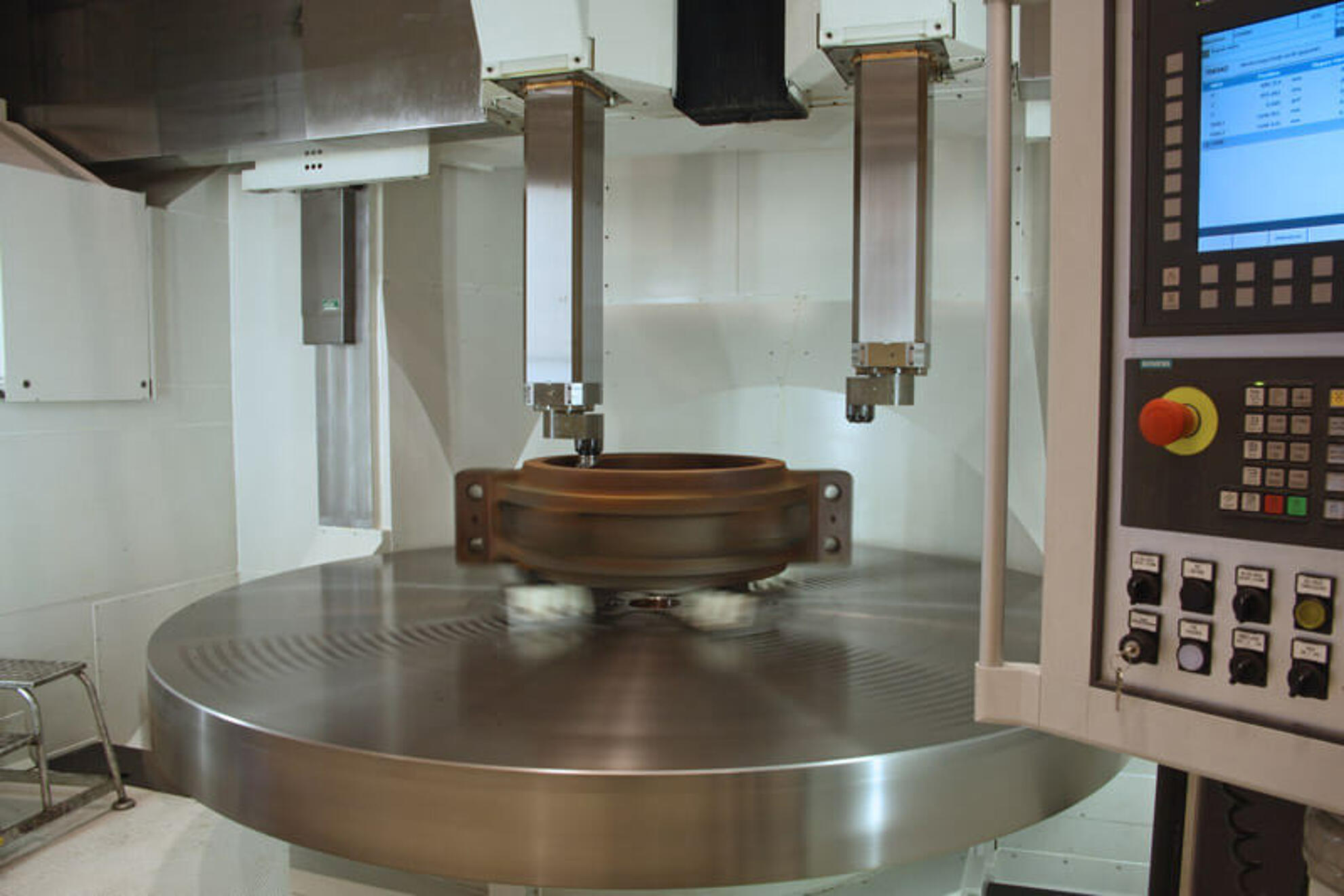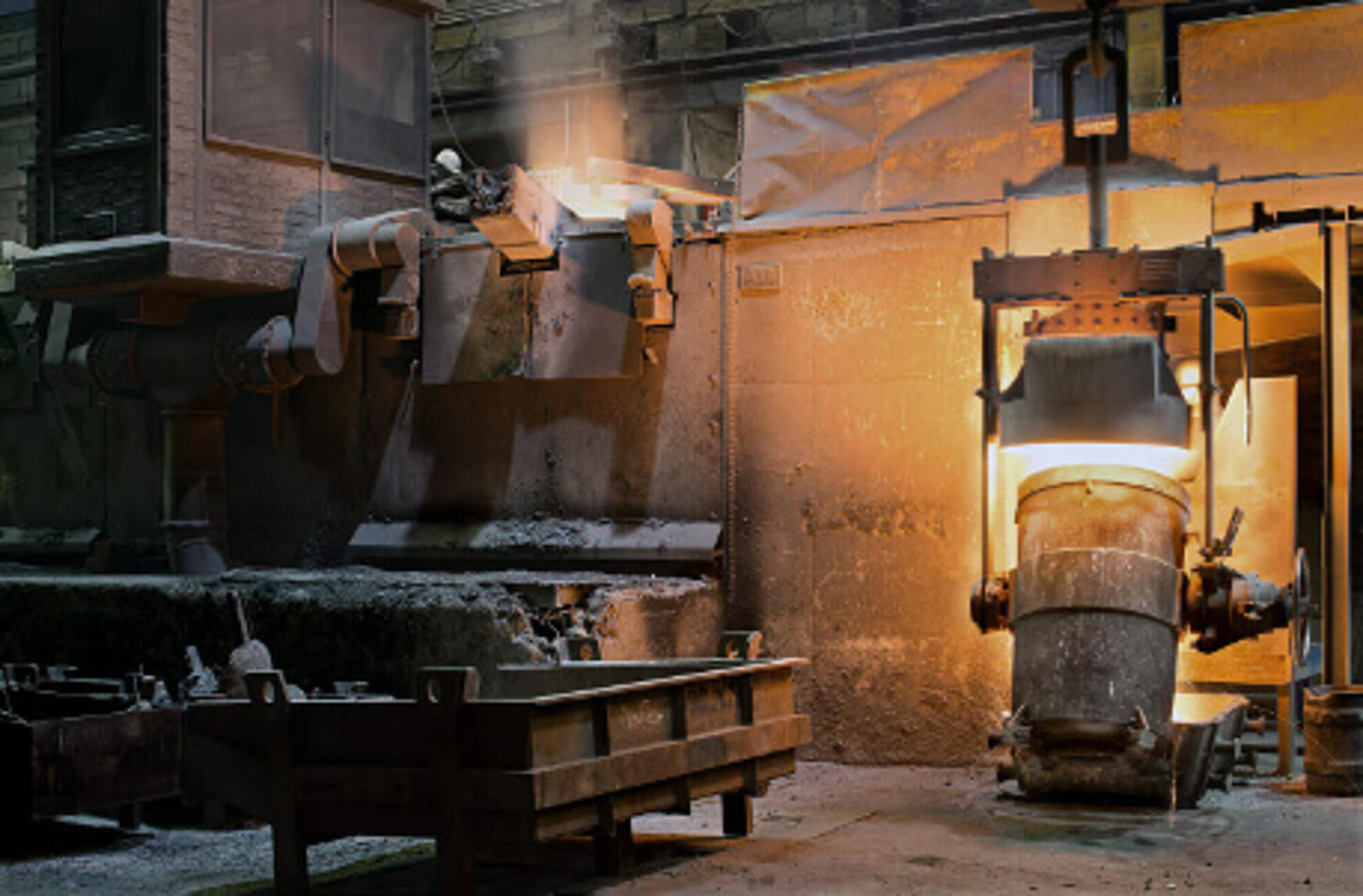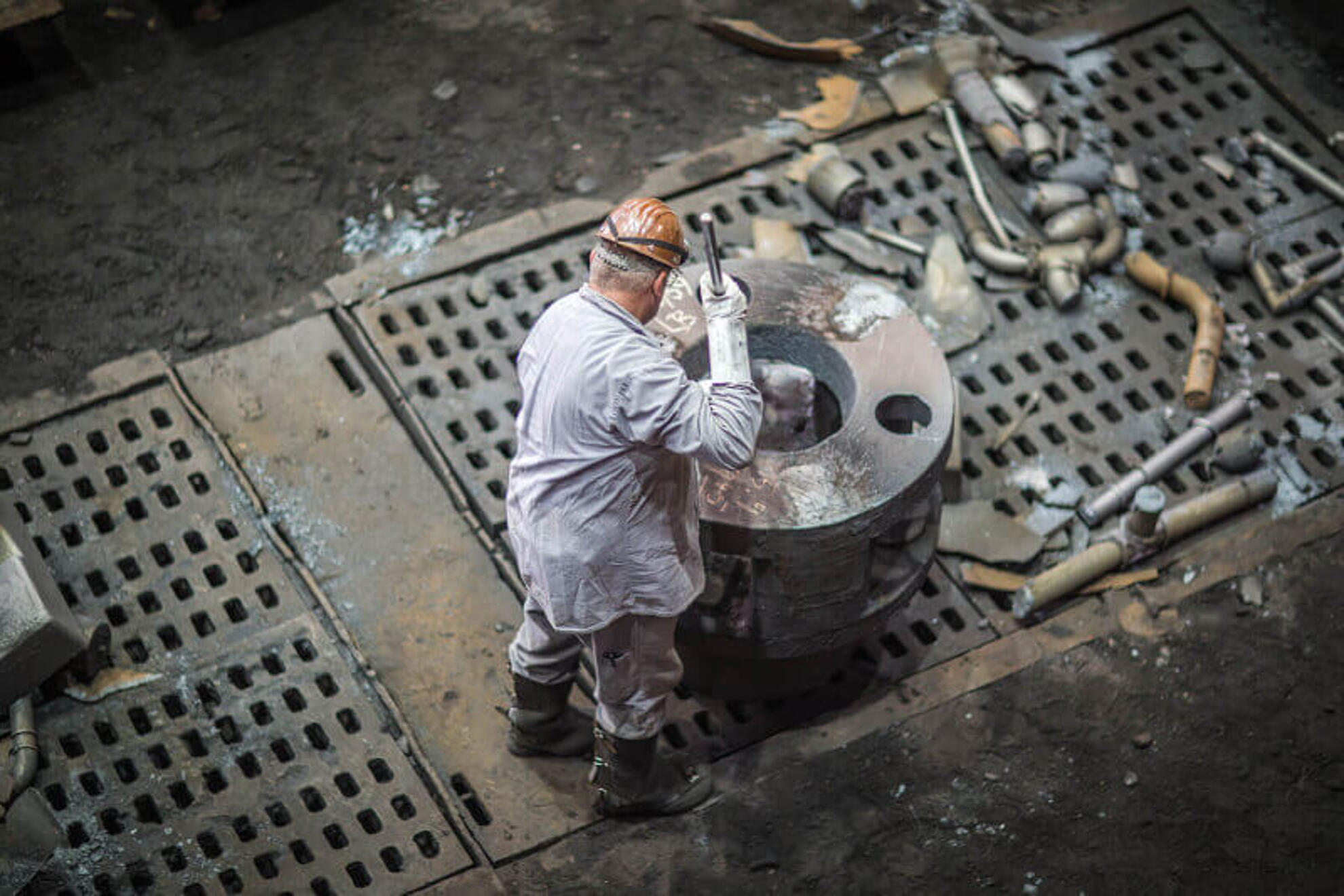
Forging block: a definition and its application areas
The forging block is generally used to shape and press the material being processed in a forge. Regardless of wheter heavy metal or filigree material such as gold is forges, forging blocks are used. The precision of the forging block in shape, size and weight lays the foundation for forging works that are of enormous precision and dimensional accuracy in the customer’s order. In the production of forging blocks, therefore, the focus is on the selection, the purity and the condition of the material as well as on the shaping process in the manufacturing process with equal attention.
Range of services: rolling and forging block
The production of rolling and forging blocks is possible in model making and casting or in mechanical processing. Before the forging block is designed and manufactured, it goes through various processes of construction and simulation. Only when every detail is perfect and all key data is concrete, the forging block is cast from the selected material, specified by hand and tested in its quality. The quality inspection is the last station, which the rolling and forging blocks have to pass, before logistics is in demand. The delivery takes place via the company’s own logistics and completes the all-in-one-concept for forging block production.
High quality plants and processes High-quality equipment and processes in forging technologyforging technology
High-quality machines, precision calculation and simulation programs are used to produce the forging blocks. The mechanical post-processing or the complete manual production are just as possible as the concentration on a forging block produced through the casting process. Innovative technology and software guarantee the highest quality. Different types of steel are available and are used for production, depending on the area of application and use of the forging block. The electric light furnaces are suitable for batches up to 9 tons in the block casting process. The use of the VOD plant technology achieves the highest degree of purity for the forging block.
Forging blocks in precision production
he forging block production is executed according to the customer’s order through the desired procedure. Standardized weights and dimensions as well as special designs are possible can be produced through the casting process, the remelting process with electro-slag and the mechanical processing. Many years of experience un treatment technologies of steel and carbide as well as the use of the most modern technologies primarily provide the highest quality. Quality control accompanies all production processes and is carried out after every project phase. The manufacturing and testing procedures are subject to a standardized structure for consistently sustainable, convincing quality in every forging block.
Just contact us via the contact form.
The Silbitz Group is your right contact person.



